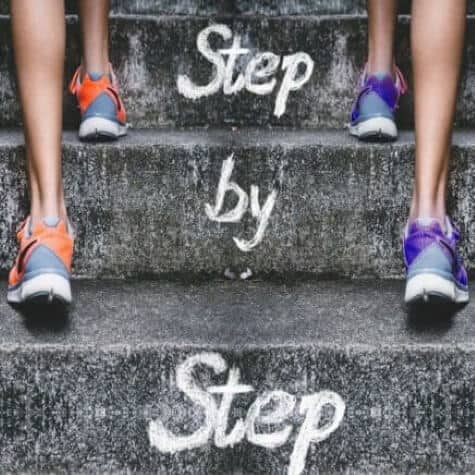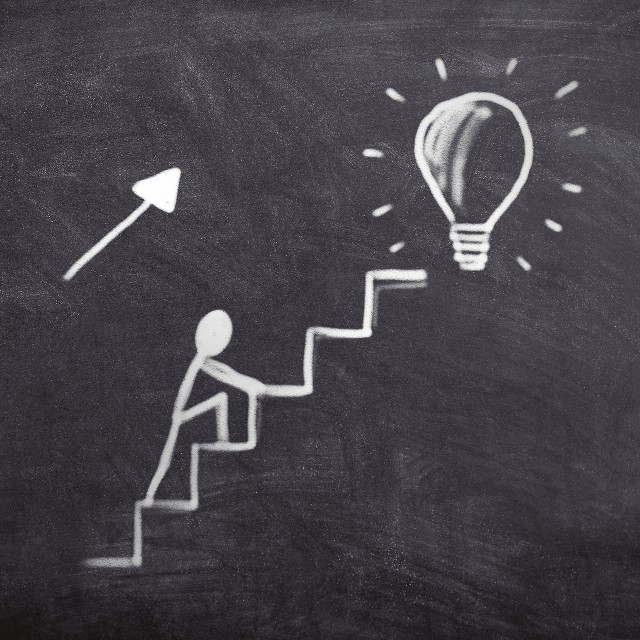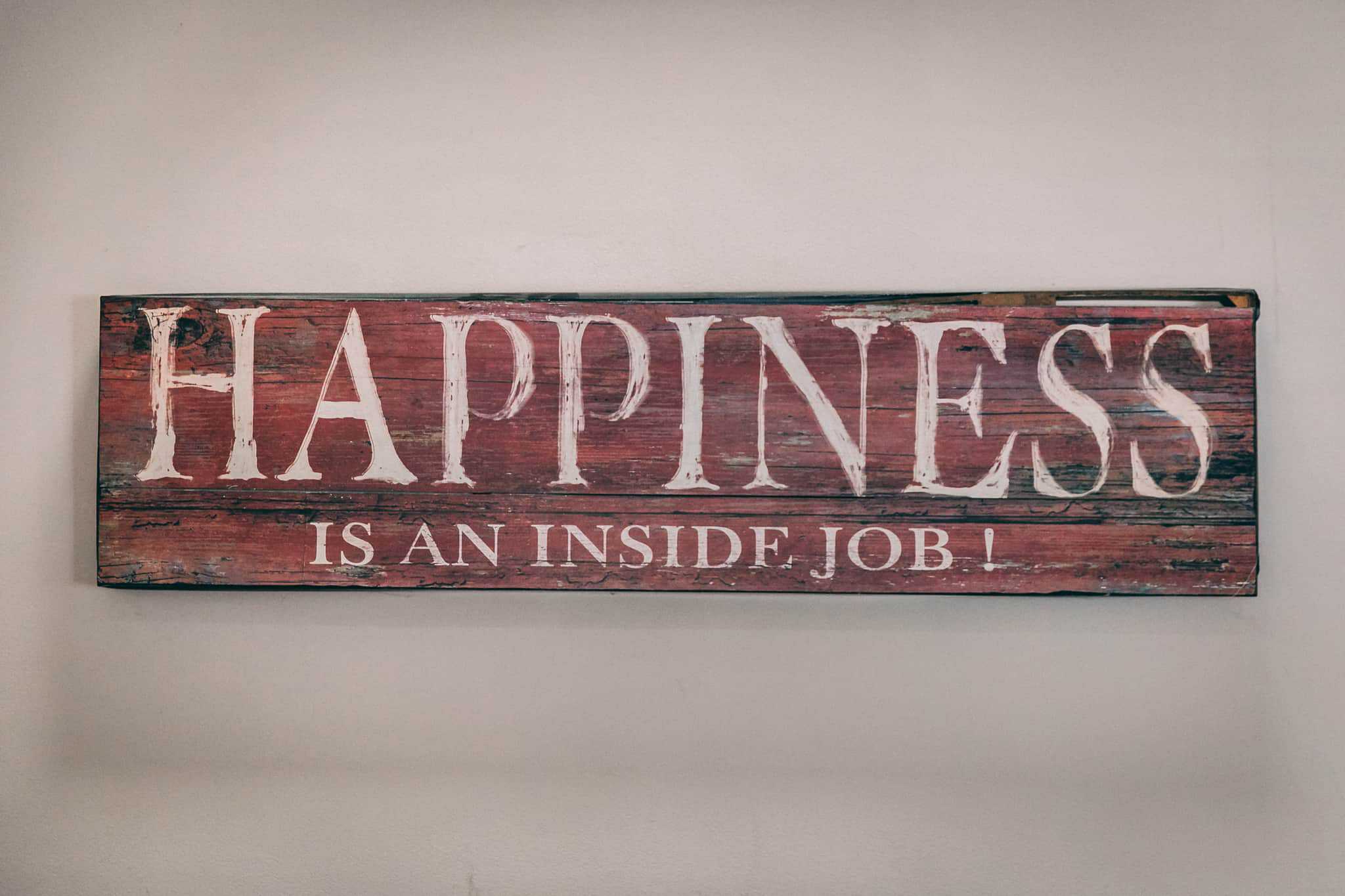12 Step Addiction Rehab: Steps 7, 8 and 9
Religion and the 12 Step Programme
At The Haynes Clinic we often find that many people who are admitted for residential rehab treatment already have a perception of the 12 Steps of Alcoholics Anonymous, (AA). They consider that the 12 Step Programme is religious, that people following it are part of a sect or, if they have previously attended an AA support group, they say “the 12 Steps don’t work for me.”

The 12 Steps of Alcoholics Anonymous were written some 84 years ago and the wording has never been changed. Probably the main reason that people think the process is religious is the fact that the word GOD is mentioned four times within the context of the Steps.
If staying off alcohol was about religion then people would just have to attend their respective religious meetings (which would be a lot cheaper than going to addiction rehab). Equally if going to a church or temple, for example, would solve an addiction, those people who are religious would never have an addiction problem. The 12 Steps are actually about the support and unity that is created from the group process and working a sequence of Steps to enable an orderly and sober way of living.
Working through the 12 Steps has proved so successful for so very many people in being able to lead a sober life, that it is the main reason why the wording has never been changed. In fact, it has been adopted by other more recently introduced support groups such as Cocaine Anonymous, Narcotics Anonymous, Gamblers Anonymous and Overeaters Anonymous (for those with an eating disorder, whether they eat too little or too much).
Step 7 – Humbly asked Him to remove our shortcomings
By Step 7 we have already made a “moral inventory” of ourselves back in Step 4 so we have been able to see, and then in Step 5, discuss with another, the good and bad in our lives. It has become clear to us that our short comings are directly related to our addiction. It also follows that, as we were powerless over our addiction, so we were also powerless over our shortcomings on our own.
With Step 7 there is a need to find humility, to be able to acknowledge where we were wrong and that our way of doing things needed to be changed. We also need to accept the severity of our actions, so as not to underestimate or minimise the impact our addiction has had on others. It allows us to recognise that we need the help of others and to be humble enough to understand that our intellect, reasoning and willpower are not enough to overcome our addiction. It is very important to accept that we need the help of others and that, in simple mathematics, a power greater than one is two. By continuing to remain sober, our shortcomings associated with our addiction will be removed.
Step 8 – Made a list of all persons we had harmed and became willing to make amends to them all.
The Fourth Step was all about our own personal life, but Step 8 is more about how our life interacts with others. We write down how our addiction has affected those around us. There is absolutely no doubt that we have hurt others that we know and that hurt will differ with each relationship that we have with those individuals. Again, we need to find the humility to own our part in the destruction we have caused and to be truthful and honest.
With our addictive thinking it has been so easy to blame others and to even blame our addictive behaviour on the actions of others, when in reality the onus has just been down to ourselves. This Step will raise feelings of guilt, shame, sadness, anger and remorse. Addiction is ultimately about loss and during this Step we will be able to see what we have lost through our own actions and not through the actions of others.
Step 9- Made direct amends to such people wherever possible, except when to do so would injure them or others.
Now that we know what we have done and who we have done it to we have to take the action to right our wrongs. The reason this is difficult is that the way to correctly process this action Step is that “made direct amends” means face to face and in person wherever possible. However, in some cases it may be more prudent to write a letter or send an email as the individual may not even want to see us (so long as we do not do this just to avoid taking a challenging action of seeing someone in person).
One thing that this Step is definitely not about though is for us to be going round “knocking on doors “of everyone on our list from Step 8. This Step is not all about us. It is about us making a complete and honest list of people we have harmed in whatever way from Step 8 and to be willing to apologise, in a way that clearly accepts that it was solely our actions that were at fault and not theirs. Bearing in mind that we would probably have promised those close to us that we would do something about our addiction on many occasions, and simply never did, just remaining sober and working a twelve programme of Recovery is enough of a way of making an amends – and in time they may choose to trust us again.
Making amends is not just about being able to say sorry but also about repaying money that we may have borrowed or even stolen off others. This Step requires us to apologise, to try to repair our wrongs, for example by repaying a debt, and finally to ask for forgiveness. The key to this Step is that after all this we may not be forgiven. And this fact we need to fully accept. We may have created so much pain and heartache that the other person is not willing to forgive us.
It is at this stage that we need to accept that others have seen us in a different light than we have seen ourselves and rather than to dwell on what their feelings are now we need to accept that our amends were sincere, but forgiveness is not, at this time, possible. If we don’t accept this, we could get mentally stuck, and this could lead to a relapse. This is the reason why this Step is not for us to make any sooner. By Step 9 our Recovery will be stronger and we will have help and support from our Sponsor and others working a programme.


